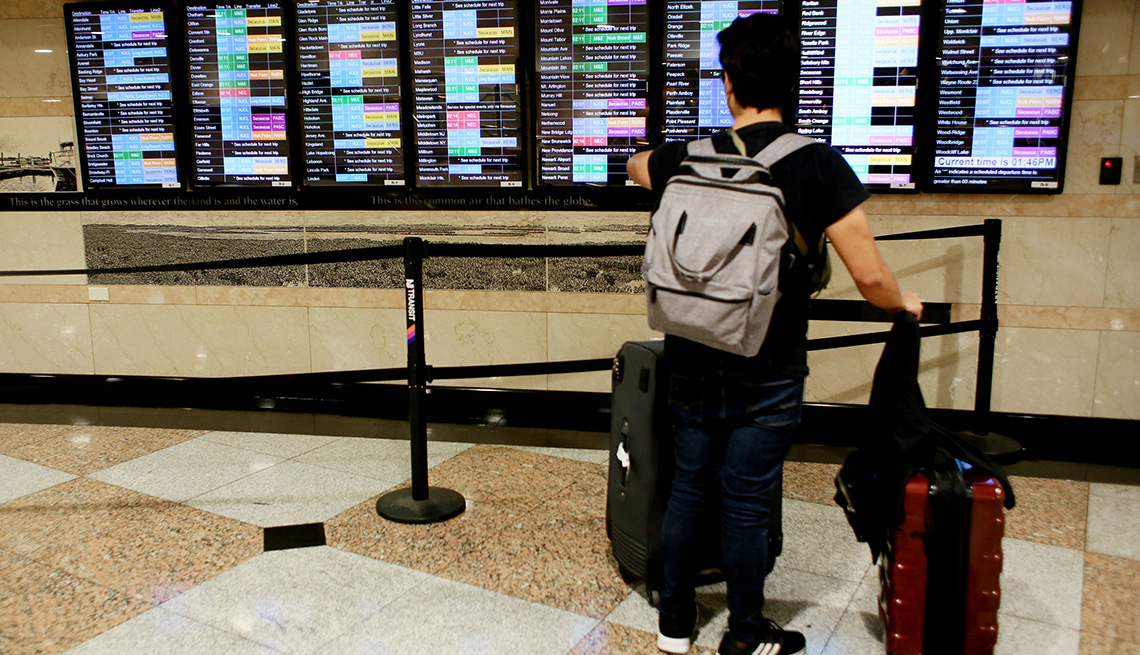
Expect fewer travel options in the u. S. This fall
- Select a language for the TTS:
- UK English Female
- UK English Male
- US English Female
- US English Male
- Australian Female
- Australian Male
- Language selected: (auto detect) - EN
Play all audios:

As summer 2022 comes to a close, the memories of hours-long lines and canceled flights remain an unpleasant souvenir. While there’s been some relief from the chaos that beleaguered airports
around the U.S. and Europe in July and August, airlines have recently announced more flight schedule reductions as airports extend their passenger caps. Add in industry-wide staffing
shortages, and air travel for fall and winter could test passenger patience. But the news is not all bad. “The situation has been improving after the early summer meltdown, and I’d expect
that to continue for two reasons,” says Scott Keyes, founder of Scott’s Cheap Flights, a service that finds bargain airfares for members. “First, travel demand in the fall is always quite a
bit lower than in the summer as millions of families, students and teachers are no longer traveling. And second, airlines are continuing to staff up.” Earlier this summer, two of Europe’s
busiest airports, London’s Heathrow and Amsterdam’s Schiphol, capped daily passengers at 100,000 and 70,000, respectively. In August, representatives from both airports announced extensions
to these restrictions that will last through October. Meanwhile, Frankfurt Airport, Germany’s busiest and a hub for transatlantic connections, reduced its hourly flights from 96 to 88 until
further notice. German carrier Lufthansa canceled 800 flights before the busy Labor Day weekend due to a pilots’ union strike, and it’s been reported that Lufthansa will remove flights from
the winter schedule until March 2023, though how many has not been specified. On the heels of canceling roughly 30,000 flights over the summer, British Airways plans to cut 10,000 more
during its winter season, which runs from October 30 through March 25. Scandinavian airline SAS, still reeling from a 15-day pilot strike in July, has canceled 1,700 flights for September
and October. Meanwhile, budget airline Wizz Air ditched most of its scheduled flights from Cardiff Airport in Wales for more than six months, beginning in September.
